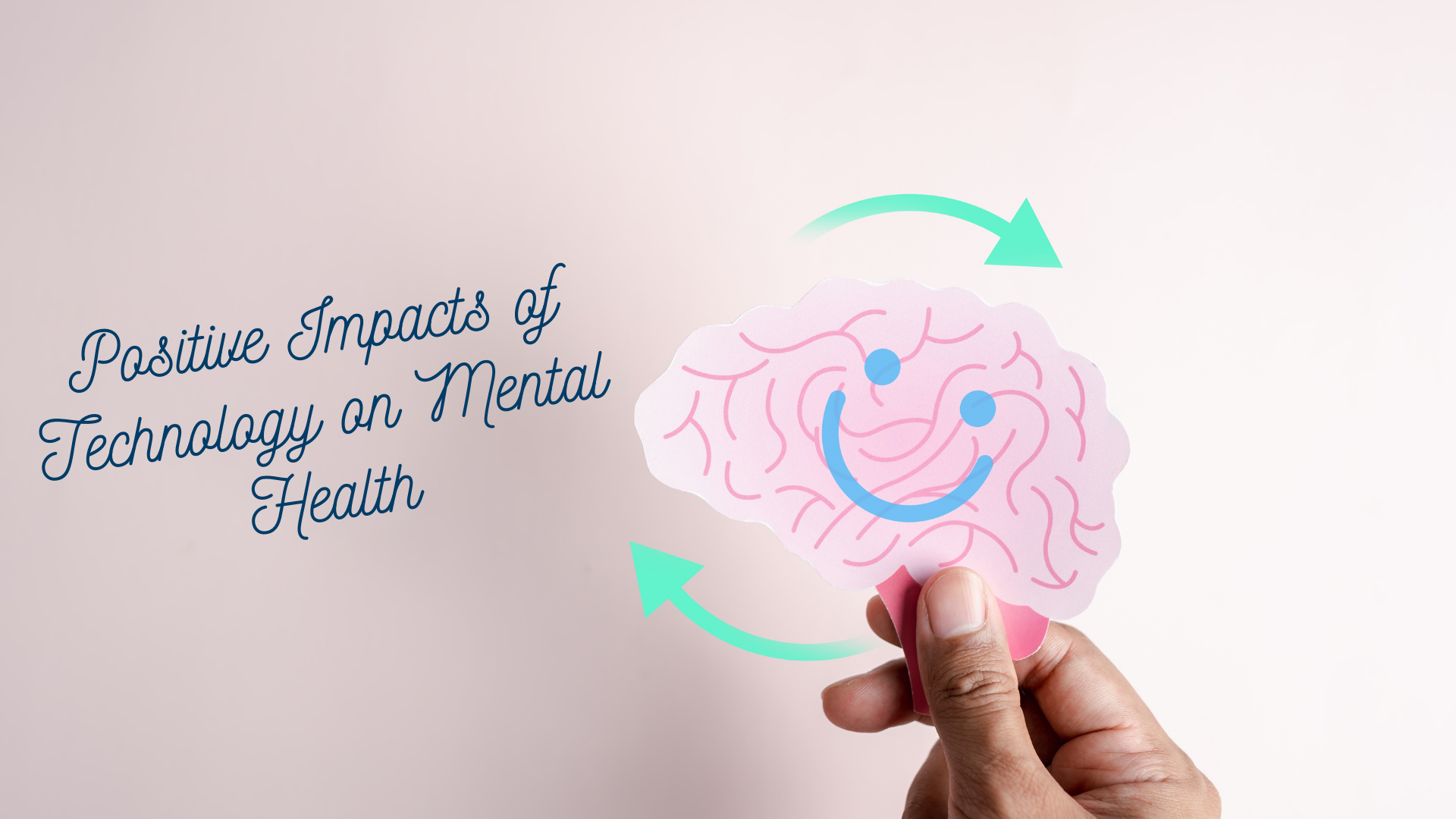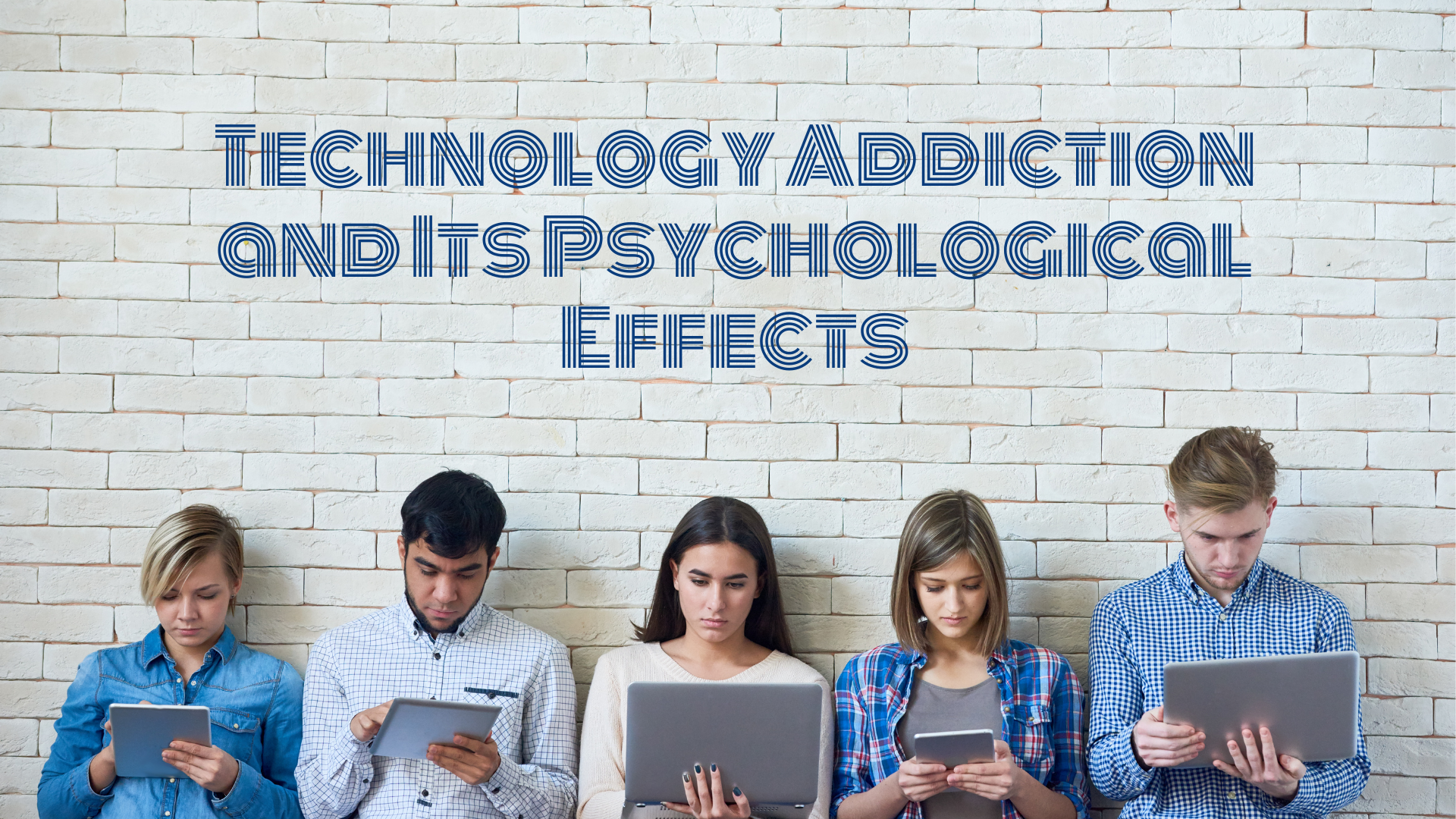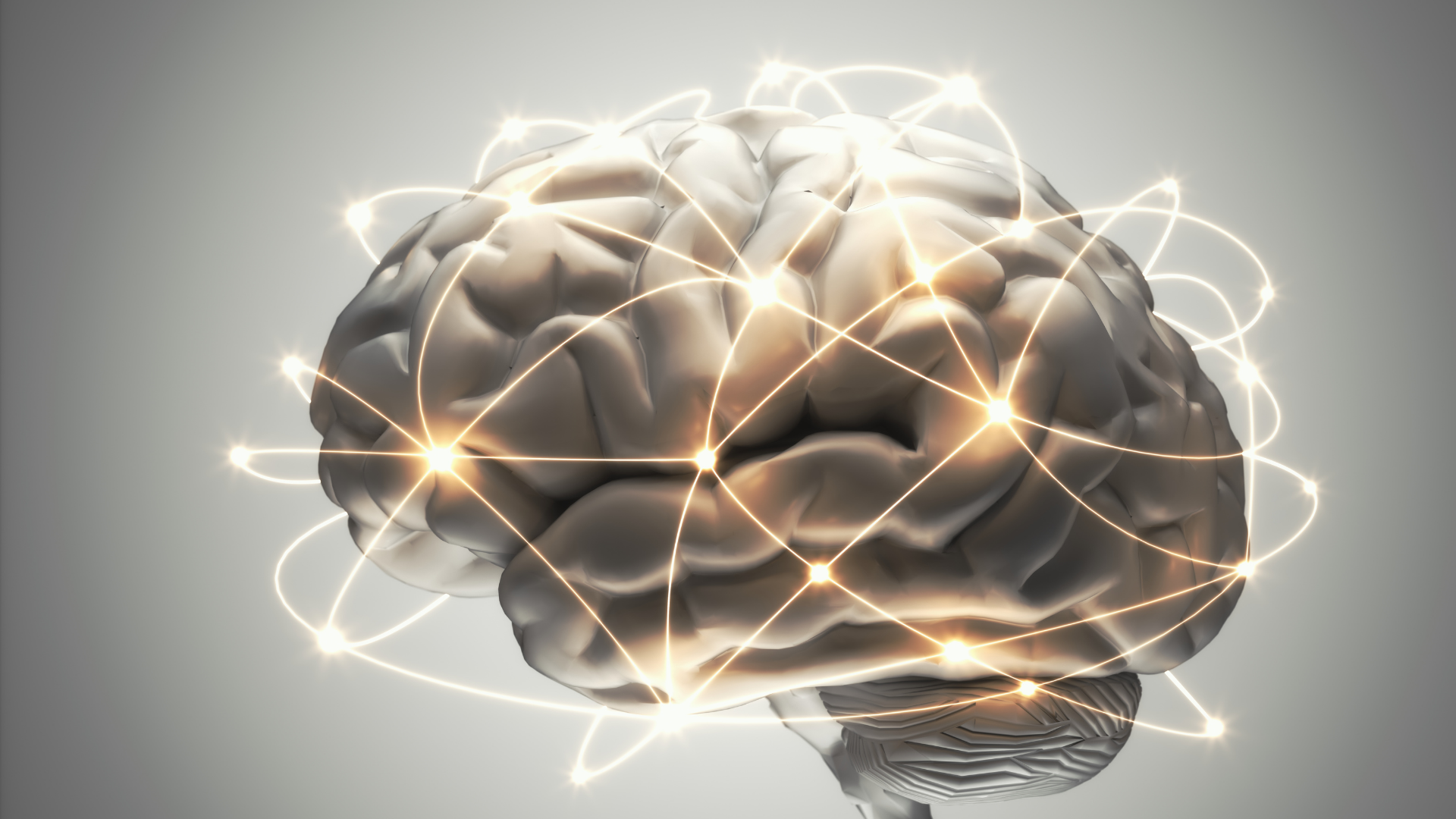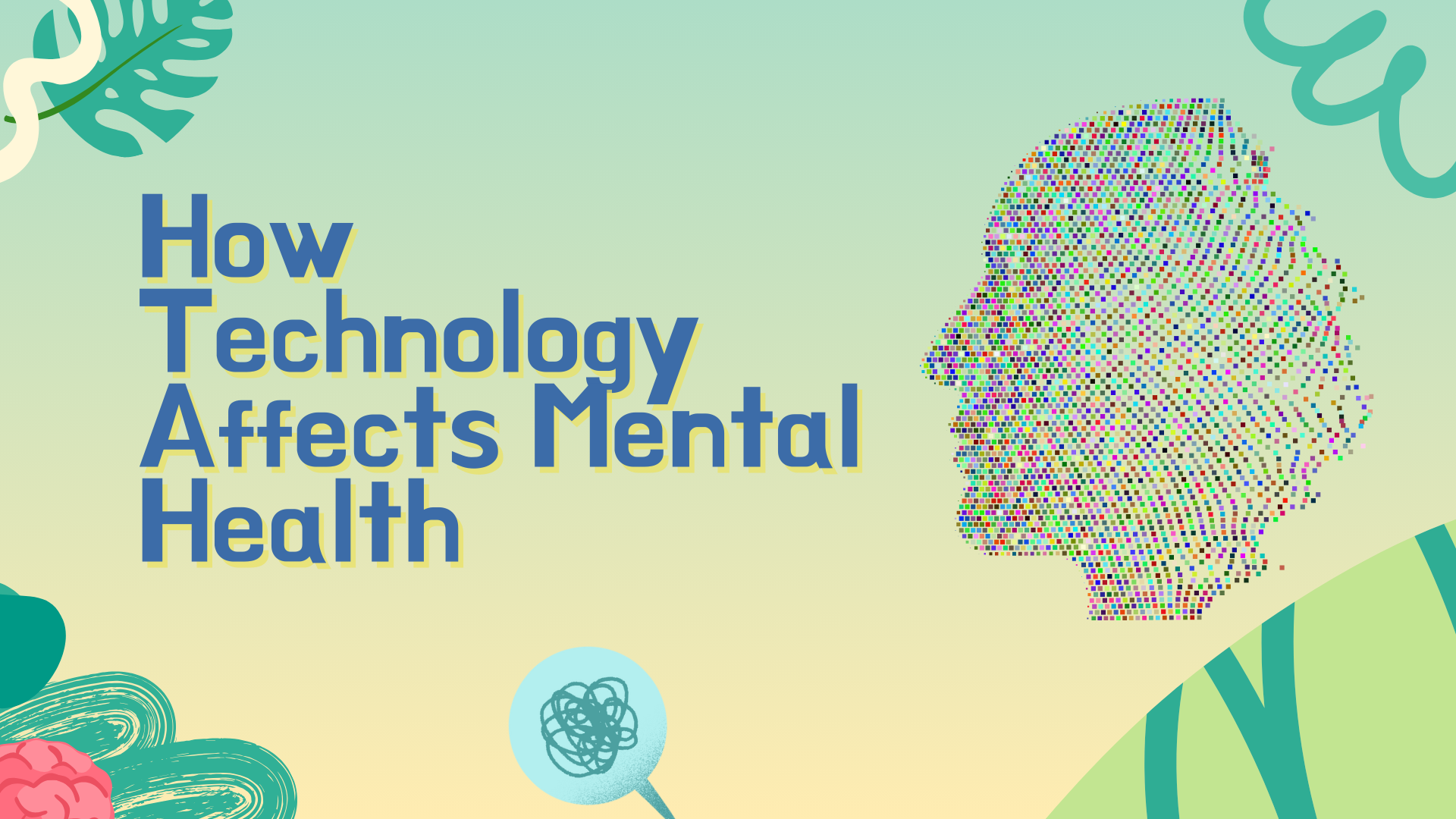Technology has become a major element of our lives, changing communication, work, and unwinding. From social media and smartphones to game platforms and even online workplaces, technology is an incredibly multifaceted tool that provides incredible convenience and connectivity and affects mental well-being in many ways. While technology continues to advance and change, knowing how it affects our mental health is vital.
The article below examines the positive and negative impacts that technology has on our mental well-being. It provides an understanding of how people can establish healthy digital habits that improve their general well-being.
The Pervasiveness of Technology in Modern Life
The 21st century is a time when technology has impacted all aspects of our lives. Whether we work remotely, stay in touch with family members, or simply look for entertainment, technology provides endless possibilities. The accessibility to information and the ability to connect with anyone at any time has transformed our way of life.
While technology may be beneficial, it can also bring issues, particularly regarding health. Overuse, dependency on devices, and constant interaction with online platforms can cause a variety of mental health issues. The relationship between technology’s benefits and potential drawbacks is vital to maintaining mental health.
Positive Impacts of Technology on Mental Health

Access to Mental Health Resources
One of the greatest advantages of technology is its capacity to connect people to mental health services that were previously difficult to find. For people who live in remote areas or who are hesitant to seek out in-person help, technology can provide access to online sources, self-benefit tools, and information about mental health.
Mobile and web-based apps offer self-assessment strategies, tools for coping, and educational resources that help people procure a better understanding of their mental health condition and seek the appropriate treatment. The accessibility of these tools has helped to reduce stigma around mental health problems which makes it easier for individuals to identify their issues and get help.
Teletherapy and Online Counseling
Teletherapy has been a crucial component of mental health care, particularly because of the COVID-19 pandemic. With the benefit of videoconferencing, people can now get counseling and therapy at their convenience at home. This ease of access has made support for mental health accessible to more people, particularly for those who might have been reluctant to attend sessions in person due to fear of being judged or logistical concerns.
Online counseling can also eliminate geographical barriers, allowing people to communicate with mental health professionals in different locations or countries.
Support Communities and Mental Health Apps
Online forums and social media have helped people build support groups to discuss their experiences, problems, and strategies for dealing with them. Platforms such as Reddit, Facebook groups, and apps for mental health create areas where people suffering from mental illness can meet with other people who are facing similar struggles and reduce feelings of loneliness.
In addition, apps for mental health, such as Calm, Headspace, and Moodfit, can help you manage stress, assess mood, and focus on mindfulness. The apps grant users strategies to improve their well-being and mental health.
Mindfulness and Meditation Tools
Technology has made meditation and mindfulness easier to access than ever before. Apps like Calm, Insight Timer, and Headspace help users master breathing exercises, meditation exercises, and mindfulness exercises, which can help alleviate anxiety and stress. These apps can be especially useful for those who are looking for solutions to deal with mental health challenges but prefer self-guided techniques in place of traditional therapy.
Negative Impacts of Technology on Mental Health
Social Media and Mental Health
Although social media can foster connections, it can also have an unsavory side in relation to mental well-being. The constant stream of carefully curated images and updates could cause feelings of unworthiness as well as depression, anxiety, and stress, in particular when people are comparing their lives to the “perfect” lives of others.
Research has proven that the excessive use of social media has been connected to higher rates of depression, anxiety, and loneliness. Platforms that place a high value on sharing, likes, and follower numbers can trigger negative emotions, especially for young adults and adolescents, particularly vulnerable to social competition.
The Impact of Screen Time on Brain Health
Excessive screen usage from tablets, smartphones, or laptops may harm the brain’s health. Long hours spent at a computer screen can result in mental fatigue, diminished concentration, and impairment of cognitive performance. Studies have shown that excessive screen time can lead to less psychological well-being in both children and adults.
In addition, long hours spent on screens can affect the reward system of the brain and make people more prone to addiction and dependency on technology to get stimulation and pleasure.
Cyberbullying and Online Harassment
The proliferation of online platforms has created cyberbullying as well as online harassment. As opposed to conventional bullying, online harassment may be ongoing, which makes it hard for victims to find a way out. The anonymity afforded by the internet enables people to engage in dangerous behavior without facing immediate consequences.
Cyberbullying has been linked with an improvement in anxiety, depression, and suicidal ideas, especially among teens or young adults. Online bullying can cause feelings of despair, anxiety, and low self-esteem, leaving lasting emotional marks.
Technology Addiction and Its Psychological Effects

Technology addiction, also known as internet addiction and gaming addiction, has become a rising issue. Individuals who spend a significant amount on online activities or use their devices could develop addictive habits that affect their lives, relationships, as well as their mental health.
The addiction to technology can cause problems like social withdrawal, low performance at work or in school, and a lack of commitment to responsibilities. This can also lead to a rise in anxiety, stress, and depression as people are increasingly dependent upon their gadgets to get their attention and distract themselves from actual issues.
The Impact of Technology on Children and Adolescents
Developmental Concerns
Technology can significantly impact adolescents’ and children’s emotional and mental development. Excessive screen use has been associated with slowing language development, inadequate social skills, and a rise in the likelihood of impulsivity. Children who are more dependent on devices are more likely to participate in face-to-face interactions, which is essential for developing compassion and communication talent.
In addition, constant access to online material can affect focus and attention and make it more difficult for children to concentrate on schoolwork or play. playing.
Social Contrast and Anxiety in Teens
Teenagers are particularly vulnerable to the psychological effects of technology, especially with regard to social media. The constant comparisons to other peers and influential people online can cause body image issues, low self-esteem, and anxiety. Teens may feel pressured to create a perfect image of themselves online, which can lead to feelings of unworthiness when their actual situations don’t align with their online avatars.
The addiction to social media can play an important role with regard to the psychological health and well-being of adolescents. The search for likes, comments, and online validation may cause stress and anxiety, which can lead to a vicious cycle of dependency on social media to boost self-esteem.
Technology’s Effect on Sleep and Mental Health
Blue Light Exposure and Sleep Disruption
The blue light produced by screens has been found to hinder Melatonin production, the hormone that regulates sleep. If people use screens late at night, it may alter their sleep-wake cycles and cause problems getting to sleep or staying asleep.
Sleep Deprivation and Emotional Well-Being
It negatively affects emotional regulation as well as cognitive performance. Sleep-deprived people tend to suffer from mood swings, irritability, and difficulty in being able to concentrate. In time, long-term sleep deprivation may contribute to the formation of anxiety, mood disorders, and depression.
For adolescents and children, sleeping is crucial to develop mental and emotional health. Ensuring that children and adolescents have healthy sleeping habits and limiting their time on screens before bed is vital to their mental health.
Balancing Technology Use: Developing Healthy Digital Habits
Setting Boundaries for Screen Time
Setting screen time boundaries is a desirable way to reduce the effects of technology on our mental well-being. Limiting the amount of time spent on screens throughout the day can decrease the risk of addiction to technology, mental fatigue, and sleep disturbances.
Parents can guide children to participate in activities requiring physical activity, such as hobbies, sports, or social activities that do not involve screens. For adults, establishing designated “tech-free” times during the day, like between meals or before bedtime, can foster a more positive relationship with the internet.
Digital Detox: Why and How
Digital detox involves cutting off all technology for a specific period of time to clear the mind and reduce the mental chaos caused by constant connection. A break from technology can help people regain concentration, ease stress, and increase their mental clarity.
Begin by planning regular digital detox hours or days that are free of screens and when all screens are removed. Utilize this time to do activities encouraging relaxation and mindfulness, like exercising, reading, or simply walking in the fresh air.
Creating Tech-Free Zones in Your Life
Designating “tech-free” zones in your life can effectively create a healthier connection with technology. For instance, make a bedroom a non-tech space to improve sleeping hygiene. Ensure you have no-tech zones at family gatherings or meals to encourage conversation and connections with others.
The Future of Technology and Mental Health
Artificial Intelligence in Mental Health Care

While technology continues to advance and boost, the advancement of artificial intelligence (AI) is taking on a greater role in mental health services. AI-based platforms are being created to help provide mental health assessments for early diagnosis and treatment suggestions. Although AI isn’t a substitute for human interactions, it does offer an additional important service to professionals in the field of mental health by automating routine tasks and analyzing huge quantities of data.
Virtual Reality for Mental Health Treatment
Virtual Reality (VR) is an emerging technology that is being investigated for its application in mental health treatments. VR therapy allows people to be immersed in controlled, realistic environments to face and conquer fears, phobias, and traumas. VR therapy can also be utilized to develop mindfulness, relaxation, and cognitive-behavioral methods.
Conclusion
Technology is a crucial aspect of modern-day life, bringing many amazing benefits as well as some significant difficulties in the field of mental well-being. Although it has transformed access to resources for mental health, increased social connectivity, and introduced tools to manage stress, it also contributes to problems like anxiety, addiction, and depression. By understanding the effects of technological advancements on our mental well-being and establishing healthier digital behaviors, users can benefit from technology while minimizing its negative impacts.
The key to maintaining mental well-being in the digital age is balancing. Setting boundaries, participating regularly in digital detoxes, and establishing zones that are free of technology can be ways to build a better connection to technology.
FAQs
What are the ways that social media affects your mental well-being?
Social media can impact mental health by encouraging social interaction, which may lead to depression, anxiety, and feelings of inadequateness. Excessive social media use is also associated with increased loneliness rates and lower satisfaction levels with life.
What is an electronic detox?
A digital detox involves taking a break from all types of technology, including computers, phones, and social media, to relieve tension and boost mental acuity. It can help you reset your relationship to technology and encourage mindfulness.
Does excessive screen time impact sleep?
Yes, too much screen time, and especially exposure to blue light emitted by devices, can disrupt Melatonin production and the sleep-wake cycles, which can cause difficulty falling asleep and poor quality of sleep.
Parents must know how to control the time their kids spend on screens.
Parents can limit their screen time by setting daily usage limits, encouraging offline activities, and establishing tech-free zones around the home. It is also essential to show children healthy use of technology.
